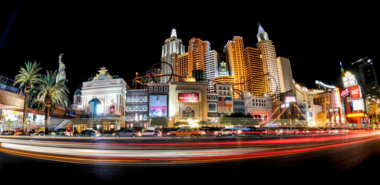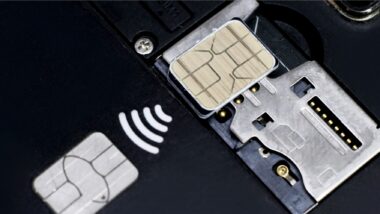Facebook mobile usage recently surpassed the number of users checking Facebook on the web. Mark Zuckerberg himself referred to the social network as a ‘mobile company’ and it’s hardly surprising given the number of users connecting on the go.
With any major success story comes opposition, however, which manifests itself in cries and complaints of increasing Facebook addiction. People are naturally sociable though, which is why seeing a new message or ‘Like’ on your status update gives you a satisfactory feeling. That’s why more and more of us check our Facebook pages and interactions via our smartphones from wherever we are.
What the majority take for granted, however, is that this access is available. In most developed markets there is 3G, or even 4G, WiFi and an abundance of the latest smartphones on offer. In emerging regions, this isn’t always the case.
 I recently read a fascinating blog post about Sachin, a teenage boy from India. He loves nothing more than checking his Facebook notifications and updating his status with photos from the beach, but what struck me was that, despite having a smartphone, he has to rely on 2G for this.
I recently read a fascinating blog post about Sachin, a teenage boy from India. He loves nothing more than checking his Facebook notifications and updating his status with photos from the beach, but what struck me was that, despite having a smartphone, he has to rely on 2G for this.
A combination of patchy 3G coverage and few free Wi-Fi hotspots leads to a frustrating experience for Sachin and his peers, showing that smartphone availability isn’t the only factor in creating a level playing field for Facebook access.
We have already recognized this and launched Facebook for SIM which is being used by the likes of Tigo in Colombia. Available to anyone with any kind of handset, even without a data connection or subscription, Facebook for SIM means that mobile subscribers have simple and convenient access to Facebook features.
Sachin mentions in his blog post on M:LOVE that ‘data eating’ activities such as uploading photos to Facebook can be tricky, and no doubt costly, which is why Facebook for SIM is such an obvious alternative.
Until the infrastructure has caught up with the proliferation of smart devices, their full functionality will not be available to all. And there’s good reason for Facebook and operators to want to work together to enable as wide a global population to connect as possible: these connections can be hugely valuable in stimulating the global economy. With Facebook currently the third largest country in the world, with over one billion users, opportunities abound to connect and interact.
With more passionate mobile enthusiasts like Sachin, it might not be so long before another billion of us can connect online.


